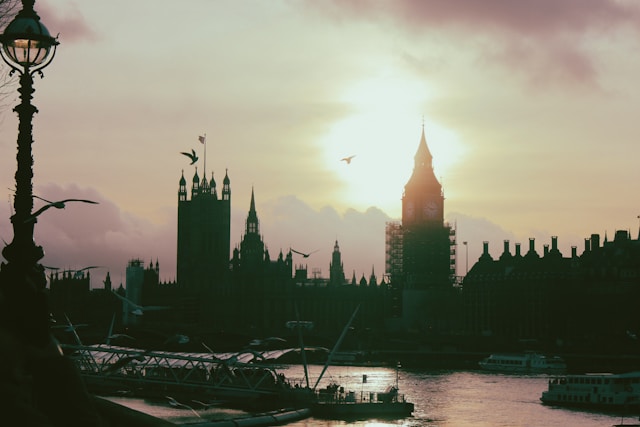Visa Stock Analysis: Is Visa a Strong Opportunity Ahead of Q4 Earnings?
$325.48
28 Jan 2026, 19:25


UK inflation jumped to 3% in January, up from 2.5% in December, marking the fastest price increase in 10 months. The surge is largely due to rising food prices, higher private school fees, and increased energy costs, impacting households across the country.
Everyday essentials like meat, bread, eggs, and cereals have become 3.3% more expensive compared to last year, making grocery shopping costlier for UK households.
Private school tuition fees rose by 13% in January after the removal of VAT exemptions, significantly increasing education costs for families.
From April 2024, domestic energy prices are expected to increase by 5%, adding an estimated £85 per year to household bills.
Unlike previous years, airfares did not drop significantly in January, further contributing to inflation concerns.
With prices rising across multiple sectors, UK families are facing higher costs for essentials, including:
Many businesses warn that new tax rises in April 2024 will drive even more price hikes. Financial experts are already calling it "Awful April" due to expected increases in water bills, council tax, and household energy costs.
While inflation is lower than its 2022 peak, rising food costs, energy prices, and private school fees are putting pressure on UK households. Economists warn that inflation may remain stubbornly high, and interest rate cuts could be slower than expected.
Source: bbc.co.uk, ChatGPT